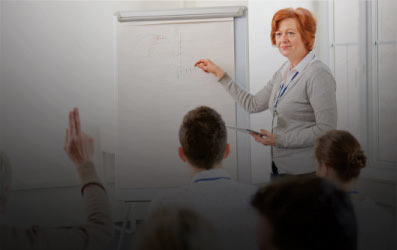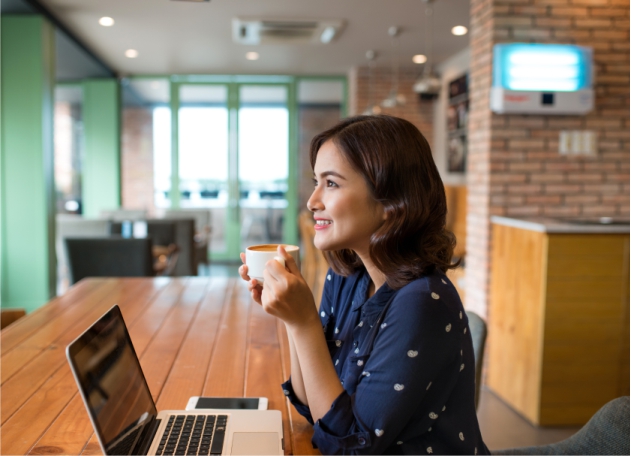Recreation and Leisure


How can adults help facilitate recreation and leisure activities?
- Consider the individuals interests
- Pick activities at the individual’s level of functioning and abilities
- Provide supports to make activities accessible
Recreation and Leisure
Your transition team can help you participate in recreation and leisure activities by make sure students
- Have access to his or her community
- Consider what barriers exist for participation and how can they be removed
- Align the skills and interests with the recreational activity

What does participation in Recreation and Leisure do for students?
Students who receive instruction and support in recreation and leisure related to:

Peer Relationships and Social Inclusion
Taking part in recreational and leisure activities provides opportunities for social interaction and promotion of friendships.

Enhancing Quality of Life
Participating in recreation and leisure activities has a positive impact on physical health, mental health, reduces stress, reduces behavioral challenges, promotes development of friendships and increases family satisfaction.
Self-Esteem and Emotional Benefits
Being included in recreational and leisure activities promotes the student’s self -concept, self-esteem and self-worth. Participating in recreational activities may help in reducing and preventing emotional conditions, acting out, depression, trouble adjusting to situations, stress, anxiety and bad behavior.
Transportation Skills
Traveling to do different hobbies can allow students to develop knowledge on how to get from one place to another by using transportation options that are available.

Resources
Bring Home a Story
EXPLORE MORE

Latest Events
Check out our training calendar for more information.
EXPLORE MORE





